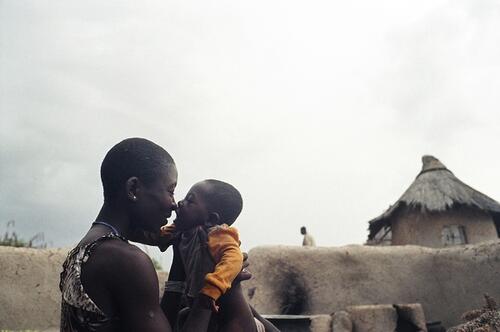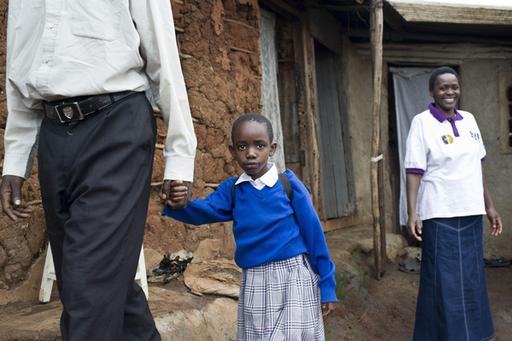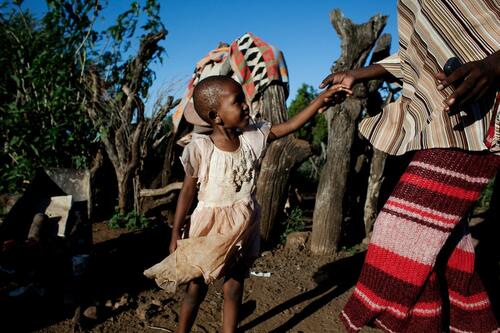During the 1990s, MSF teams made a bitter observation: we were failing to treat some of our patients suffering from infectious diseases, while in developed countries, remarkable progress was being made in the field of health. Two decades on, medicines in developing countries are still either too expensive, aren't suitable to be used in many of the contexts in which we work (for example, in hot, humid conditions or where there's a lack of electricity), or simply don't exist for the diseases we need to treat.
In 1999, we launched the Campaign for Access to Essential Medicines, now known as the Access Campaign. Its mission focuses on three areas: overcoming barriers to access to essential medicines, stimulating research and development for neglected diseases, promoting health exceptions to global trade agreements.
In 2003, MSF joined several research institutes, including the Institut Pasteur, to create the Drugs for Neglected Diseases initiative (DNDi), a non-profit research and development organisation engaged in research and development of new treatments for neglected diseases.

Residents deprived of critical medications and medical care

Surge in the number of Somali refugees demands increased capacity

Five Lives: How a Financial Transaction Tax Could Support Global Health

Proposed EU financial transaction tax should help bail out global health

Shortage of benznidazole leaves Chagas patients without treatment

Providing urgent medical care in Sirte

Towards Lab-Free Tuberculosis Diagnosis

In Aweil hospital, South Sudan, focused on the most at risk








